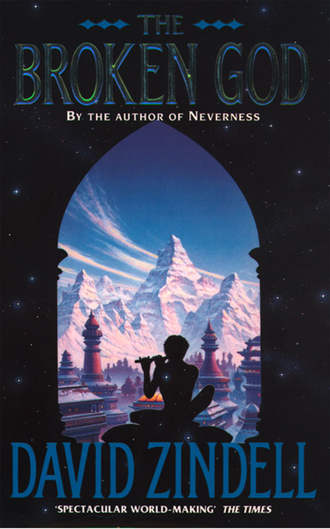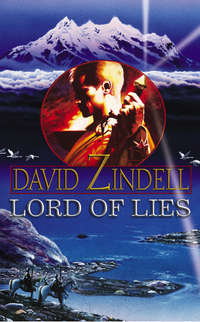The Broken God

Полная версия
The Broken God
Жанр: фэнтезинаучная фантастикасовременная зарубежная литературазарубежное фэнтезифэнтези про драконовгероическое фэнтези
Язык: Английский
Год издания: 2018
Добавлена:
Настройки чтения
Размер шрифта
Высота строк
Поля
Конец ознакомительного фрагмента
Купить и скачать всю книгу






